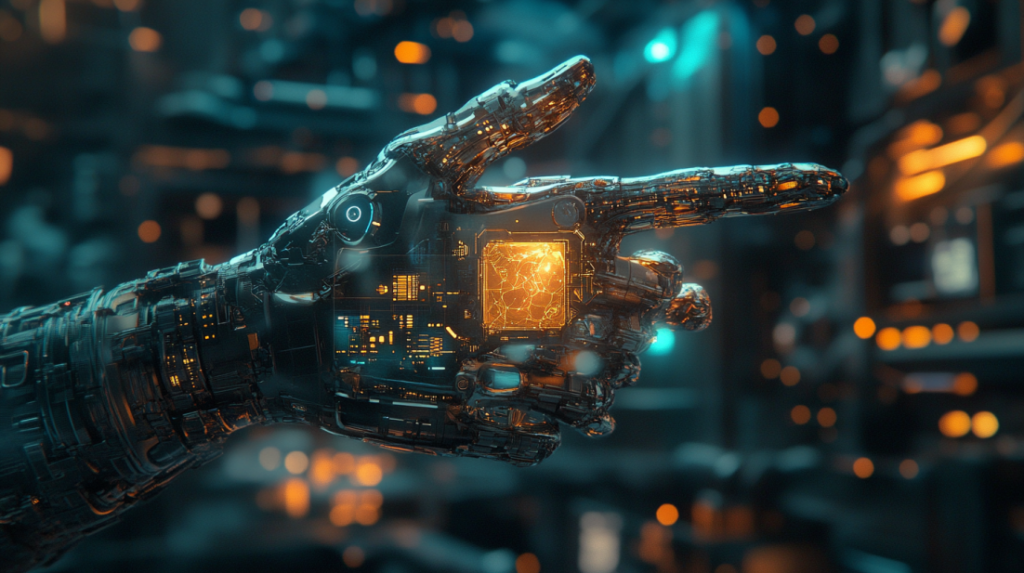The rapid rise of generative AI is transforming the global creator economy, reshaping how content is produced, distributed, and monetized across platforms from YouTube to Hollywood. What began as an experimental tool for ideation and editing has evolved into a full-fledged creative force — one redefining the boundaries between human artistry and machine intelligence.
AI Democratizes Creativity
AI tools capable of generating realistic videos, voices, and images are being adopted at unprecedented speed by creators, influencers, and production studios. Content that once required full teams, expensive cameras, and weeks of editing can now be produced in hours using text prompts and automated workflows. Platforms like Runway, Pika, and OpenAI’s Sora are enabling cinematic visuals for individuals with little technical experience, empowering a new wave of creators while unsettling traditional production models.
The Double-Edged Sword for Creators
For influencers and online creators, generative AI presents both opportunity and risk. It enables faster content production, creative experimentation, and personalization. However, it also introduces deepfakes, voice cloning, and AI-generated personas that blur the line between authenticity and fabrication. Some influencers are now licensing digital versions of themselves — AI avatars that can produce branded content around the clock, redefining what it means to be a full-time creator.
Hollywood’s AI Reckoning
In Hollywood, studios are embracing AI to optimize production — from visual effects and script generation to creating digital background actors. This trend contributed to recent labor strikes, as writers and performers demanded protection for their likeness and intellectual property. The industry continues to push for transparency and fair compensation whenever AI tools replicate or alter human creative work.
Redefining Value in the AI Age
Economically, the implications of generative AI are vast. As automation accelerates production cycles, the definition of originality is shifting. Critics warn that an abundance of algorithmically generated content could oversaturate markets and dilute artistic value. Supporters, meanwhile, argue that creativity is evolving — from manual execution to curatorial intelligence and conceptual mastery.
The Authenticity Dilemma
The growing tension between efficiency and authenticity is reshaping audience expectations. Can viewers still form emotional connections with content crafted by algorithms? And how will creators sustain their livelihoods in a landscape where machines can effortlessly mimic their voice, style, and ideas?
The Future: Reinvention, Not Extinction
As AI becomes an invisible co-creator across entertainment and media, the global creator economy stands at a crossroads. Far from extinction, it faces reinvention — a transformation where human imagination meets machine precision, and creativity evolves from individual expression to symbiotic collaboration.

